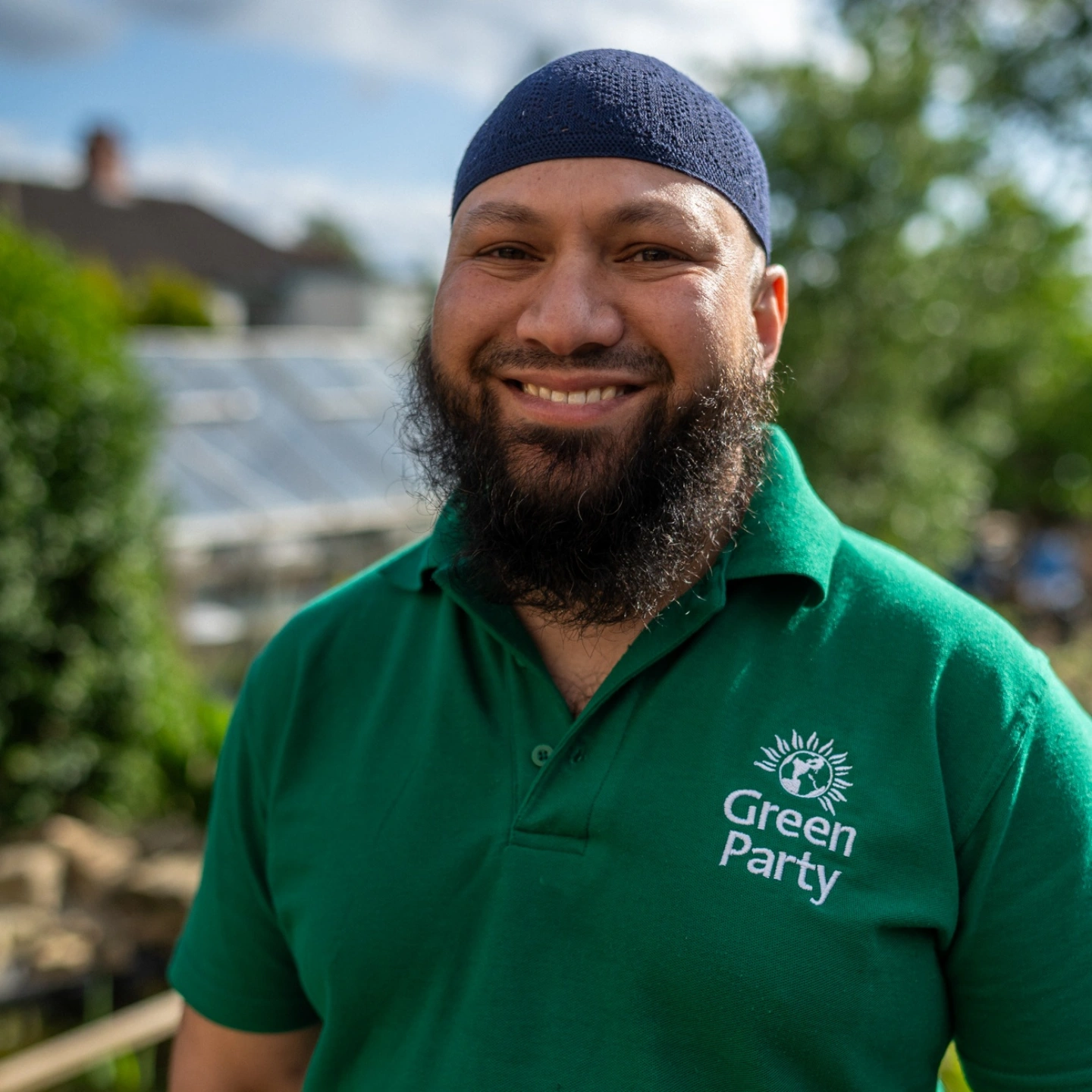Green Party Leader: Vision and Initiatives for a Sustainable Future

Introduction
The role of the Green Party leader has never been more pivotal, especially in an era where climate change and environmental issues dominate political discourse. With escalating concerns over ecological disasters and the urgent need for sustainable policies, the leadership of the Green Party provides a crucial perspective in shaping the future of UK politics. Under the current leadership of Carla Denyer, the party aims to amplify its message and influence during a time of significant political shifts.
Recent Developments
Carla Denyer became co-leader of the Green Party in 2020 alongside Adrian Ramsay, and has since played an instrumental role in advocating for green policies in Parliament and across the UK. Recent polling suggests that public support for the Green Party has surged, particularly among younger voters who are increasingly concerned about climate change. Following the local elections in May 2023, the party gained several council seats, showcasing a growing acceptance of its platform.
Denyer’s initiatives include pushing for a national green jobs programme to tackle unemployment while addressing climate goals. During her recent speeches, she has emphasised the necessity of transitioning to renewable energy sources and implementing policies to promote sustainability in everyday life.
Key Policies and Priorities
The Green Party leader has outlined several key priorities for the upcoming year. A focus on the climate crisis includes legislation aimed at achieving net-zero carbon emissions by 2030. This ambitious target resonates with the party’s core mission to safeguard the environment for future generations.
Additionally, Denyer has highlighted the importance of social justice in environmental policies, advocating for equitable access to green technologies and resources. With the rising cost of living, she has framed the transition to a green economy not only as an environmental imperative but also as a means to alleviate economic inequalities.
Conclusion
The role of the Green Party leader is crucial as the party seeks to influence national discourse on climate and social issues. Under Carla Denyer’s leadership, the Green Party is strategically positioning itself as a viable alternative for the electorate, especially in the face of long-standing economic and environmental challenges. As the next general election approaches, the party’s vision for a sustainable future and commitment to transformative policies will likely play a significant role in shaping voter behaviour and the political landscape in the UK. The Green Party’s message of hope and action could very well resonate with a population eager for change.
You may also like

The Importance of Building a Sustainable Company

Understanding the Significance of Energy in Our Lives
